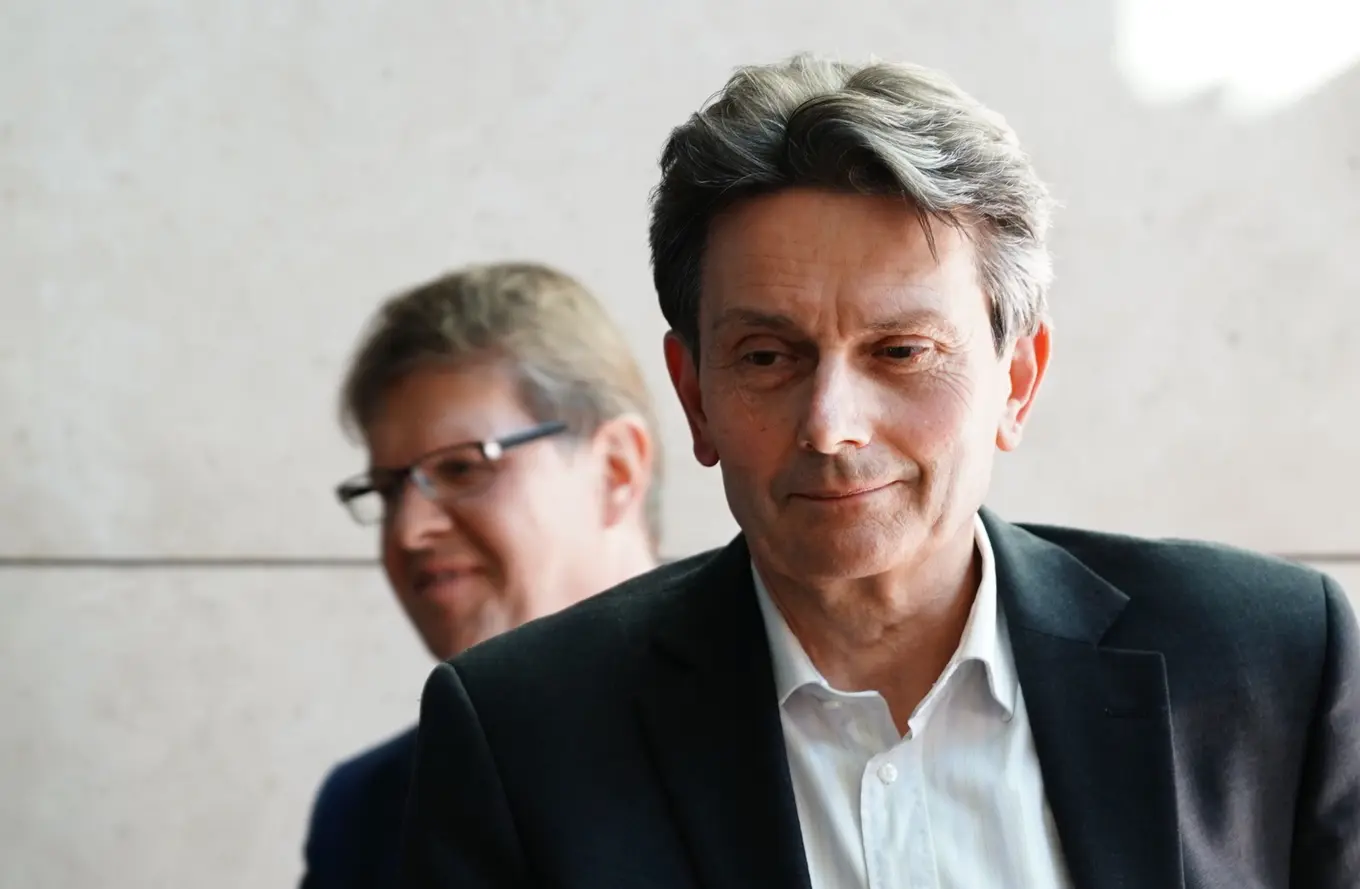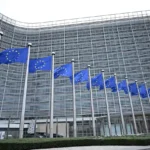Amid rising German defense expenditures and a growing emphasis on military deterrence, a serious conflict is brewing within the Social Democratic Party of Germany (SPD). A group of prominent Social Democrats has published a policy document titled “Securing Peace in Europe through Defensive Capability, Arms Control, and Understanding”, in which they oppose the government’s rearmament plans and advocate renewed diplomatic engagement with Russia. Branded a “manifesto” by its authors, the paper has already sparked widespread political discussion in Germany.
Among the signatories are not only members of the SPD’s traditionally Russia-friendly left wing — such as former Bundestag parliamentary group leader Rolf Mützenich and Ralf Stegner — but also several high-profile centrist and respected figures: former Finance Minister Hans Eichel, ex-party leader Norbert Walter-Borjans, former Minister of Culture Julian Nida-Rümelin, and environmental scientist Ernst Ulrich von Weizsäcker, nephew of former German President Richard von Weizsäcker.
Criticism of Militarization and “Irrational Targets”
The manifesto sharply criticizes the current direction of Germany’s and Europe’s foreign and defense policies. According to the authors, political forces have prevailed across Europe that “see the future primarily in military confrontation strategies and hundreds of billions of euros in arms buildup.” Instead of seeking lasting peace through diplomacy and disarmament, the public is being led toward “an endless arms race and preparations for an allegedly imminent war.”
A major point of contention is the federal government’s plan to raise defense spending to 3.5%, and potentially even 5%, of GDP. The authors reject this goal as “security-politically unfounded” and even “irrational,” arguing that anchoring military expenditures to a fixed percentage of economic output lacks any meaningful justification.
NATO Is Stronger than Russia — Even Without the U.S.
According to the manifesto, NATO member states already hold significant conventional military superiority over Russia — even without the involvement of U.S. forces. In this context, “militaristic alarm rhetoric and massive rearmament programs do not create additional security for Germany or Europe. On the contrary, they exacerbate mutual threat perceptions between NATO and Russia.”
The signatories call for renewed diplomatic efforts toward Moscow. As noted by NZZ, the document urges Europe to “return to dialogue with Russia once the weapons fall silent.” The authors believe that Europe must develop its own independent defensive capacity while focusing on purely defensive armaments, rather than participating in a new arms race rooted in escalation logic.
No U.S. Missiles on German Soil
Another issue raised in the manifesto is the potential deployment of U.S. intermediate-range missiles in Germany. According to the authors, such a move would make Germany “a first-strike target” — an unacceptable risk in their view.
The authors also oppose any participation by Germany or the EU in a potential military escalation in Asia, particularly in light of U.S. President Donald Trump’s confrontational stance toward China. They argue that Europe must maintain an independent and de-escalatory foreign policy rather than be drawn into external geopolitical conflicts.
“Against Militarization — For Peace”
Ralf Stegner, one of the manifesto’s initiators, told Stern magazine that the document is intended to reframe the internal SPD debate. He stressed that Social Democrats must remain part of the peace movement. “At the moment, there is unrestrained talk of the next land war and the return of conscription. As Social Democrats, we must resist this kind of militarization,” Stegner said. He emphasized that the SPD must not cede the peace narrative to populists: “They are not for peace — they are for Putin.”
Timing and Political Weight
The manifesto gains additional significance due to its timing. At the end of June, the SPD will hold its federal party congress, where delegates are expected to discuss not only the party’s recent election defeat but also its strategic direction. Around the same time, a NATO summit will be held where member states will debate further increases in defense spending.
Against this backdrop, the SPD peace faction’s manifesto is likely to spark further internal disputes within the governing coalition — and possibly beyond. According to NZZ, the document highlights the growing divide between Germany’s “defense pragmatists” and “peace advocates.”
Germany Faces a Strategic Crossroads
The SPD manifesto is not just a protest against military escalation — it is an attempt to return German foreign policy to its historical roots: compromise, restraint, and détente. The signatories do not deny the need for robust defense, but they argue that security is not forged in weapons stockpiles — it is built through trust and diplomacy.
This article was prepared based on materials published by Neue Zürcher Zeitung. The author does not claim authorship of the original text but presents their interpretation of the content for informational purposes.
The original article can be found at the following link: Neue Zürcher Zeitung.
All rights to the original text belong to Neue Zürcher Zeitung.


















